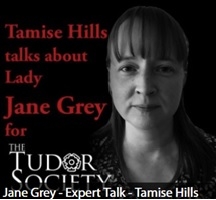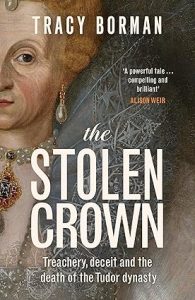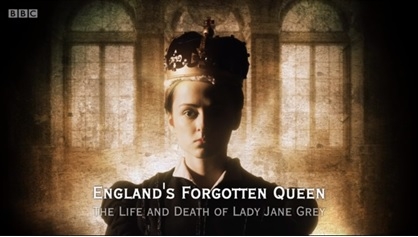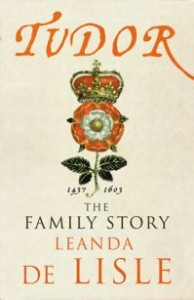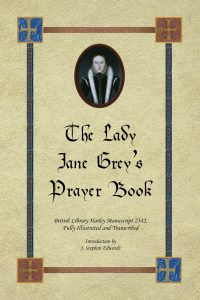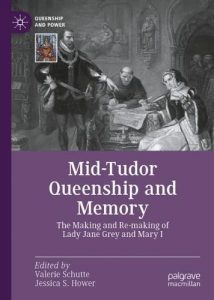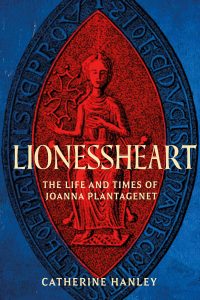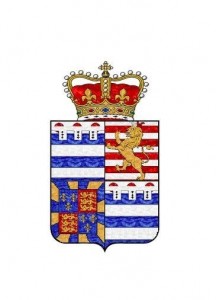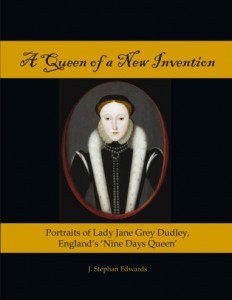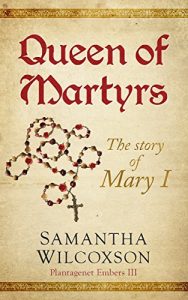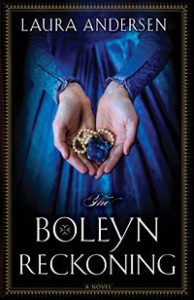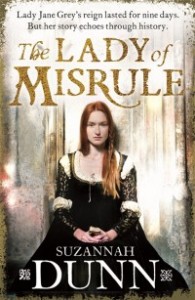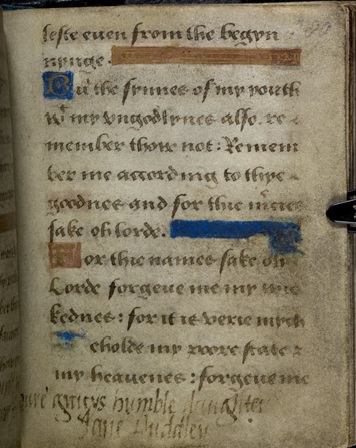Professor Eric Ives writes the following about the authenticity of Jane’s speech from the scaffold.
‘Seven other pieces attributed to Jane are known only in printed copies. They come from her months of imprisonment in the Tower and cannot automatically be taken as genuine…The others are…reports of the speech she made from the scaffold.’ (p.17-18, Ives)
‘In a letter smuggled out to Bullinger and dated 15 March, a John Banks (part of the Grey circle) sent news of Jane’s death and Latin translations of the Feckenham dialogue and the letter to Harding and also the scaffold speech and the letter to Katherine Grey. Clearly he had publication in mind but Bullinger vetoed the idea for fear of exasperating Mary’s government still further. However, James Haddon, once a chaplain to Jane’s father, did assure Bullinger that although parts of Bank’s account were suspect because ‘he has gathered them from the common report and being himself too in some measure biased by his zeal’, when it came to ‘what regards the Lady Jane herself, and what is said in her name, (as for instance, her exhortations to a certain apostate, and her discourse with Feckenham), I believe and partly know, that it is true, and did really proceed from herself’. Thanks to Banks and this comment by Haddon, the authenticity of the Feckenham and Harding pieces and, by association, the Katherine Grey letter and the scaffold speech is beyond question.’ (p.21, Ives)
Ives describes how these letters appeared in print in England.
‘…In 1554 there appeared An Epistle of the Ladye Jane, a righte virtuous woman to a leaned man of late falne from the truth, conjecturally from the press of John Day…In the same year or the next came Here is this booke ye have a godly Epistle made by a faithful Christian.’ (p.21, Ives)…’Each pamphlet contains an English text of the Feckenham discussion, and the letter to the ‘apostate’ which Haddon had warranted, plus the letter to Katherine and the speech from the scaffold which Banks had translated for Bullinger.’ (p.21, Ives)
He also comments on the differences between accounts of Jane’s speech.
‘Everything suggests that she spoke extempore, so it is clearly important to identify a reliable account of what she said. Despite minor differences, Here in this Booke gives essentially the version published by Foxe in 1563, and both texts take the story beyond Jane’s speech and describe the actual execution. A version in an Epistle of the Ladye Jane ends more abruptly and clearly comes from a different source. Nevertheless the sentiments put in Jane’s mouth are the same, though in a different order. This suggests two observers coming away with independent but essentially congruent recollections.’ (p.23, Ives)
Two versions of Jane’s scaffold speech
‘Good people, I am come hether to die, and by a lawe I am condemned to the same. The facte, in dede, against the quenes highnesse was unlawfull, and the consenting thereunto by me: but touching the procurement and desire therof by me or on my halfe, I doo wash my hands thereof in innocencie, before God, and the face of you, good Christian people, this day.
I pray you all, good Christian people, to beare me witnesses that I dye a true Christian women , and that I looke to be saved by none other meane, but only by the mercy of God in the merites of the blood of his only sonne Jesus Christ: and I confesse, when I dyd know the word of God I neglected the same, loved my selfe and the world, and therefore this plague or punishment is happily and wothely happened unto me for my sins; and yet I thank God of his goddnesse that he hath thus geven me a tyme and respet to repent. And now, good people, while I am alive, I pray you to assyst me with your prayers.’ (p.56-57, Nichols)
‘My lords, and you good christian people, which come to see me die, I am under a law, and by that law, as a never erring judge, I am condemned to die, not for any thing I have offended the Queen’s Majesty, for I will wash my hands guiltless thereof, and deliver to my God a soul as pure from such trespass, as innocence from injustice; but only for that I consented to the thing which I was enforced unto, constraint making the law believe I did that which I never understood. Notwithstanding, I have offended Almighty God in that I have followed over-much the lust of mine own flesh, and the pleasures of this wretched world, neither have I lived according to the knowledge that God hath given me, for which cause God hath appointed unto me this kind of death, and that most worthily, according to my deserts; how be it, I thank him heartily that he hath given me time to repent my sins here in this world, and to reconcile myself to my redeemer, whom my former vanities have in a great measure displeased. Wherefore, my lords, and all you good Christian people, I must earnestly desire you all to pray with and for me whilst I am yet alive, that God of his infinite goodness and mercy will forgive me my sins, how numberless and grievous soever against him: and I beseech you all to bear me witness that I here die a true christian woman, professing and avouching from my soul that I trust to be saved by the blood, passion, and merits of Jesus Christ my Saviour only, and by none other means; casting far behind me all the works and merits of mine own actions, as things so far short of the true duty I owe, that I quake to think how much they may stand up against me. And now, I pray you all pray for me, and with me.’ (p.52-53, Nicolas)
Sources
Ives, E. (2009) Lady Jane Grey: A Tudor Mystery, Wiley-Blackwell.
Nicolas, N.H Harding, The Literary Remains of Lady Jane Grey: With a Memoir of Her Life, Triphook & Lepard.
Nichols, J.G (ed) (1850 reprint), The Chronicle of Queen Jane and of Two Years of Queen Mary and Especially of the Rebellion of Sir Thomas Wyatt, Written by a Resident in the Tower of London, Llanerch Publishers



